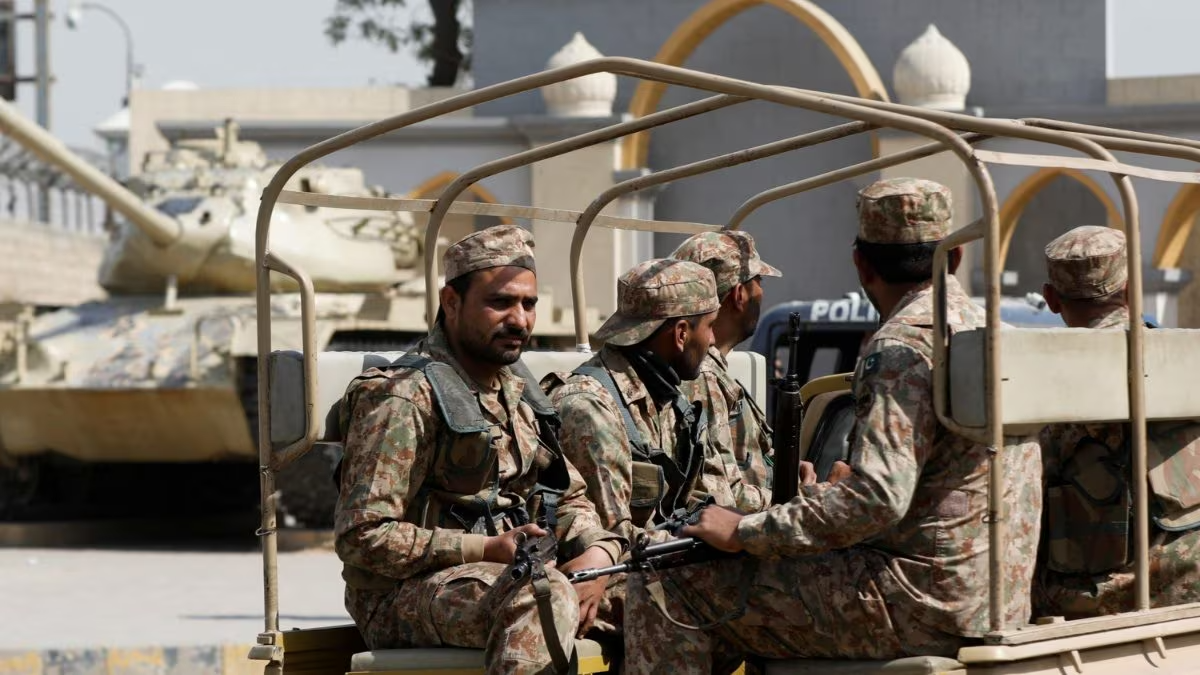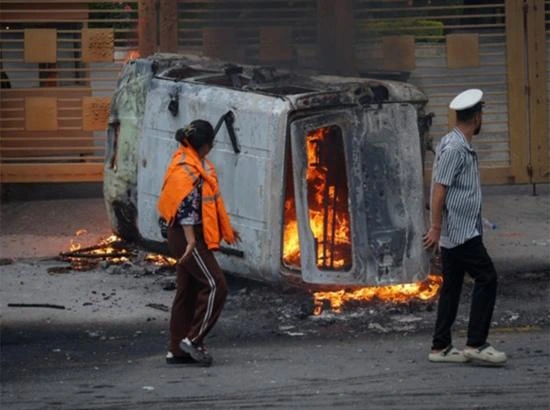18 Nov 2024, 3: 15 PM The Human Rights Commission of Pakistan (HRCP) has strongly urged the government to reconsider and reverse the proposed amendments to the country’s Anti-Terrorism Act (ATA), warning that these changes could pose a significant threat to democratic freedoms and human rights.
The proposed amendments, which have sparked widespread concern, have raised alarm about the erosion of fundamental rights, increased state power, and a potential crackdown on political dissent.
HRCP’s Concerns Over Anti-Terrorism Act Amendments
The HRCP expressed deep concern over the proposed amendments to the Anti-Terrorism Act, which would grant the government sweeping powers to target individuals and organizations accused of terrorism.
According to the commission, these changes would potentially allow the state to label peaceful protests, political opposition, or advocacy for human rights as acts of terrorism, thereby silencing dissent.
The amendments include provisions that would significantly expand the definition of terrorism, potentially criminalizing actions that are protected under Pakistan’s constitution, such as freedom of speech and assembly.
HRCP argues that this broadening of the ATA’s scope would not only endanger the rights of citizens but also enable further state repression under the guise of countering terrorism.
HRCP’s criticism also highlights concerns about the lack of adequate safeguards to prevent the abuse of these powers.
The amendment proposal allows for preemptive actions against individuals or groups based on vague definitions and without clear criteria for due process, potentially leading to wrongful detentions, violations of privacy, and restrictions on free expression.
Threats to Democracy and Political Freedoms
The HRCP has warned that these amendments to the Anti-Terrorism Act could undermine the democratic fabric of Pakistan.
The commission argues that the proposed legal framework could be exploited to stifle political opposition, silence critical voices, and weaken the rights to free speech and association.
In particular, HRCP has pointed out that the amendments could disproportionately affect journalists, activists, and political leaders who oppose government policies.
With these changes, anyone critical of the government could face prosecution under anti-terrorism laws, a move that would further centralize power and erode the space for democratic debate.
HRCP also emphasized the chilling effect the amendments could have on civil society organizations, which may become targets of harassment or shutdowns due to their work in human rights and political activism.
Call for Reversal and Protection of Rights
HRCP has called on the Pakistani government to abandon the proposed amendments and to respect the constitutional rights of citizens.
The commission advocates for reforms to ensure that counter-terrorism measures are focused on actual threats to national security, while also safeguarding civil liberties, democratic values, and human rights.
In conclusion, the HRCP’s plea for the reversal of the amendments to the Anti-Terrorism Act highlights the growing concern over the balance between national security and individual freedoms in Pakistan.
As the nation grapples with these complex issues, it remains to be seen whether the government will heed the calls for greater protection of democracy and human rights or continue down a path that many fear could deepen authoritarian control.





